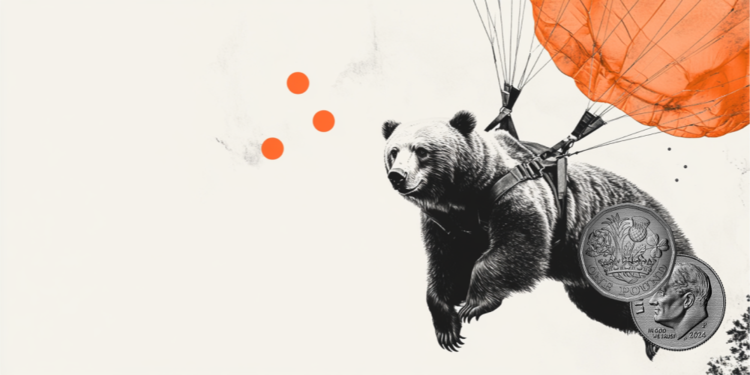There are just over two weeks left for the industry to help shape the design of a British Standard for inclusive personal protective equipment (PPE).
The British Standards Institute (BSI) consultation on its new standard is seeking feedback on its current ideas.
Katherine Evans, mining geologist and founder of Bold as Brass – a networking group for women working in heavy industries including construction – drafted the reforms to help make PPE fit for all.
“We needed a standard that included everyone, not just women, because PPE that doesn’t fit inhibits an individual’s movements, reduces wellbeing, and increases risk,” Evans told Construction News.
“In the short term, badly fitting PPE can be a nuisance or cause pain, distracting from safety critical workspaces. In the long term it can stall careers, reduce productivity, create musculoskeletal health problems, as well as affect the diversity of succession plans.
“We wanted to create something that would help organisations retain diversity of thought, allow everyone to achieve their best, and to be safe while doing it.”
The BSI’s draft standard includes measures such as encouraging employers to consult their whole workforce over PPE needs, “ensuring representation from those in marginalised communities, diverse social groups and the individuals requiring inclusive PPE”.
“Diverse workforces are important to the future of all organisations and are a huge asset to those which foster inclusive cultures,” the body said.
“Increasingly, manufacturers are working to develop more inclusive offerings but, in the vast majority of cases, ethnic or cultural/religious considerations are not taken into account. This is even more challenging for people with disabilities or medical conditions which mean they have needs outside of those currently accommodated for by most PPE.”
It recommends that when selecting inclusive PPE, employers should assess the specific hazards present, as well as the requirements, needs and preferences of the individuals for whom the equipment is provided.
“Users of inclusive PPE should be consulted and involved in the initial selection, specification, and ongoing selection and use of PPE,” it added.
CN has previously reported on the problems women working on site have in obtaining suitable workwear because employers struggle to provide suitable versions.
In the 2022 feature, CN highlighted issues such as women having to roll up trousers to make workwear shorts, tie hairbands around their wrists to stop oversized gloves slipping off, and wear two or three pairs of socks to make size 4 feet fit into size 7 boots.
Some companies have launched initiatives designed for diverse staff. Tarmac, for example, introduced maternity workwear (pictured) in 2019.
Last year, CN reported on the challenges those from minority groups have on site, including the difficulty Muslim women can face in obtaining modest PPE, and those with Afro hair getting hard hats that fit securely.
Sandi Rhys Jones also highlighted the issue women had with ill-fitting PPE while she was president of the Chartered Institute of Building in 2023/24.
She said she had done this “against a history of good intentions but glacial progress”.
“It is wonderful to see the impetus that has taken place, the coming together of individuals and organisations in sharing data and experience and the collaboration with BSI to deliver a standard,” she told CN.
“Now, when diversity and inclusion initiatives are being challenged, it is particularly important to recognise that #PPEthatfits is about keeping everybody safe and efficient in the workplace.”
The consultation, which relates to PPE in all industries, closes on 28 April and can be viewed on the BSI standards development website.











